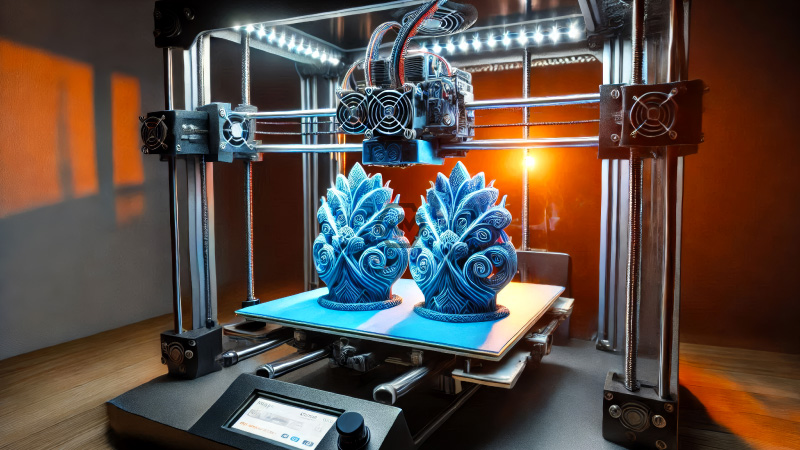- FLUID is an open-source, 3D-printed robot designed for automating chemical synthesis.
- Built using off-the-shelf electronics and modular components for accessibility.
- Enables affordable, customizable experimentation in materials science.
FLUID (Flowing Liquid Utilizing Interactive Device), developed by Professor Keisuke Takahashi’s team at Hokkaido University, is a breakthrough in accessible lab automation.
This technology was successfully demonstrated in the co-precipitation of cobalt and nickel, achieving precision and repeatability. Beyond its current capabilities, the platform promises broader applications in experimental chemistry, especially for researchers in under-resourced environments.
FLUID: Open-Source Lab Robot Redefines Experimental Chemistry
FLUID’s design philosophy centers on affordability and adaptability. With 3D-printed parts and readily available hardware like stepper motors and syringes, labs can replicate the setup without needing proprietary equipment or costly automation solutions.
Each FLUID module operates independently and can be customized or expanded based on experimental needs. End-stop sensors ensure accurate volume handling, while software-controlled valves and syringe plungers offer real-time adjustability and remote control.
The project’s open-source ethos not only fosters innovation but also invites global collaboration. Researchers can access and modify the system’s hardware blueprints and software codes to suit specific scientific objectives or constraints.
Looking forward, the development team plans to integrate environmental sensors and expand the platform’s scope to include polymer synthesis and complex organic reactions. These upgrades will enhance the robot’s analytical power and broaden its relevance across chemical disciplines.
FLUID is more than a robot—it’s a movement toward democratizing scientific discovery, enabling researchers worldwide to push the boundaries of materials science without financial barriers.
“Science knows no country, because knowledge belongs to humanity.” — Louis Pasteur



